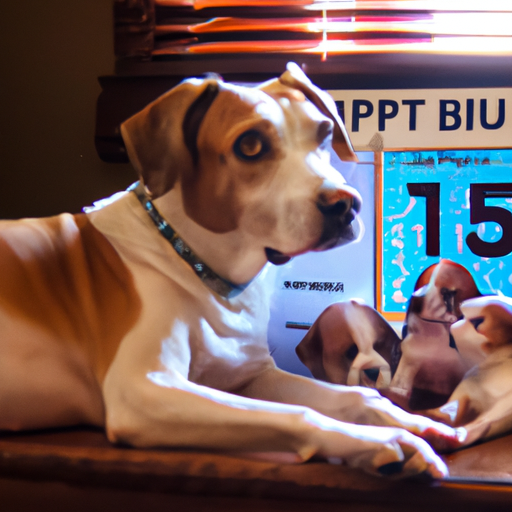As a caregiver, you play a pivotal role in a puppy’s life. Ensuring they are ready to transition from their littermates and mother to your home is essential. Let’s delve into the specifics of when puppies are ready to go home, and the factors you need to consider.
Understanding the Importance of the First 8 Weeks
Puppies undergo significant developmental changes in their first eight weeks. They learn vital social skills and behaviors from their mother and littermates.
- Week 1-2: Neonatal Period
- Week 3-4: Transitional Period
- Week 5-8: Socialization Period
Each period plays a crucial role in shaping a puppy’s behavior. Hence, separating them too early might lead to behavioral issues later in life.
Recognizing Signs of Readiness
There are certain indicators that a puppy is ready to leave its mother.
- Independence: Puppies start exploring on their own and show decreased dependence on their mother.
- Solid food consumption: Puppies should be eating solid food regularly.
- Social skills: Puppies should interact well with humans and other dogs.
Puppies showing these signs are typically ready to transition to a new home.
Preparing Your Home
Before bringing a puppy home, ensure your home is puppy-proofed.
- Remove harmful substances
- Secure loose wires
- Set up a designated space for the puppy
These steps ensure a safe and comfortable environment for the new member of your family.
The First Few Days at Home
The first few days are crucial for your puppy’s adjustment.
- Spend quality time with them
- Introduce them to their new surroundings
- Start house training
Patience, consistency, and positive reinforcement are key during this period.
Vaccinations and Veterinary Care
Puppies should have their first round of vaccinations before they go home. Here’s a typical vaccination schedule:
| Age | Vaccine |
|---|---|
| 6-8 weeks | Distemper, Parvovirus |
| 10-12 weeks | DHPP (vaccines for distemper, adenovirus, parainfluenza, and parvovirus) |
| 12-24 weeks | Rabies |
Regular vet check-ups are also necessary to monitor their health.
Training and Socialization
Start training and socializing your puppy as soon as they arrive home.
- Basic commands like ‘sit’, ‘stay’, and ‘come’
- Positive interactions with different people, environments, and other animals
These skills are crucial for their development.
Mental and Physical Stimulation
Puppies need plenty of mental and physical stimulation.
- Regular walks
- Playtime
- Interactive toys
These activities contribute to their overall well-being.
FAQ
When can a puppy leave its mother?
Typically, a puppy should not leave its mother before eight weeks of age.
Why is the 8-week mark so crucial?
The first eight weeks of a puppy’s life are critical for their socialization and learning basic behaviors.
What should I do in the first few days after bringing a puppy home?
Spend time with your puppy, introduce them slowly to their new surroundings, and start the house training process.
When should a puppy get their vaccinations?
Puppies should have their first round of vaccinations before they go home, typically around 6-8 weeks of age.
How to keep a puppy stimulated?
Regular walks, playtime, and interactive toys can help keep a puppy stimulated.
In conclusion, being a puppy’s caregiver is a rewarding experience. By understanding their needs and providing a nurturing environment, you can ensure their smooth transition into their new home.



